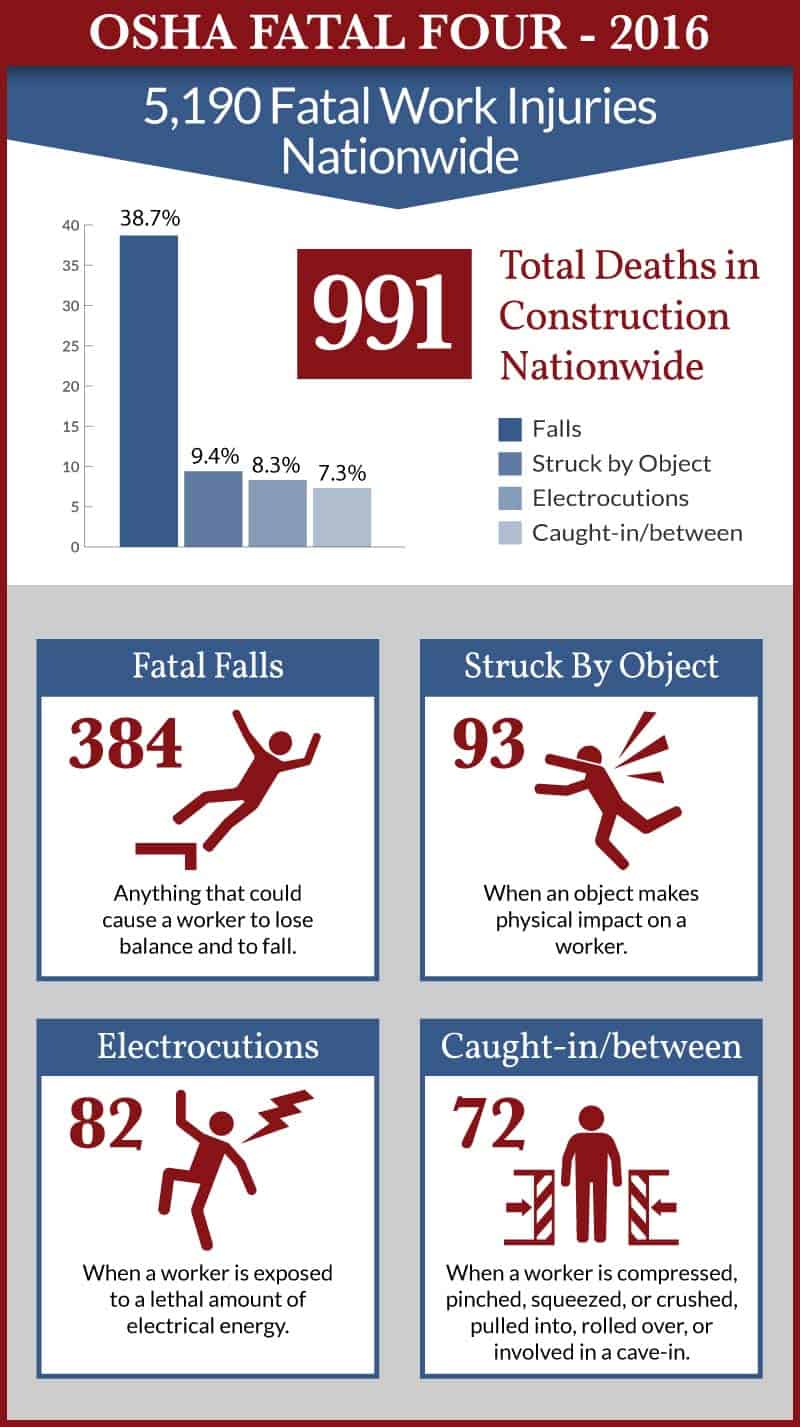Military Divorce
 Military members on active duty deployment and their spouses can experience stress in many ways. When a divorce gets added to the mix, the result can be overwhelming. Filing for divorce while one or both spouses is actively serving in the military can present unique challenges. It is therefore essential to obtain the assistance of a divorce lawyer with a knowledge of federal and state military divorce laws.
Military members on active duty deployment and their spouses can experience stress in many ways. When a divorce gets added to the mix, the result can be overwhelming. Filing for divorce while one or both spouses is actively serving in the military can present unique challenges. It is therefore essential to obtain the assistance of a divorce lawyer with a knowledge of federal and state military divorce laws.
Under Pennsylvania laws, the grounds for filing either a civilian or military divorce are the same. A divorce can be granted on the basis of fault, no-fault or mutual consent. In order for military members to file for divorce in Pennsylvania, both spouses must reside or be stationed in the state.
Military divorces will involve many of the same issues as civilian divorces with respect to the distribution of marital property, alimony, child custody and child support. Military members are not exempt from spousal or child support obligations. Some of the most contentious issues in military divorce involve the distribution of military retirement benefits, including those related to early military retirement programs such as the Voluntary Separation Incentive and Special Separation Benefits.
Special Considerations for Military Divorces
Military members may enjoy certain safeguards when it comes to filing for a divorce in Pennsylvania. Pursuant to the Servicemember’s Civil Relief Act (SCRA), a military member can seek a temporary suspension of legal divorce proceedings while they are fulfilling their service requirement. The typical postponement of the divorce proceeding may last for the entire length of the military member’s active duty and for up to an additional 60 days after the active duty period ceases. An active duty military member cannot be held in default for failing to respond to divorce proceedings and must be personally served with the summons and copy of the divorce action in order for jurisdiction to exist in Pennsylvania.
By converting military retirement benefits to veteran’s disability payments, these assets can be removed from the marital estate. Pennsylvania law further prohibits child or spousal support payments to exceed 60 percent of the military member’s pay and allowances. The calculation of child support follows the normal Pennsylvania child support guidelines, worksheets and schedules.
Protections for Military Spouses
The Uniformed Services Former Spouses’ Protection Act (USFSPA) addresses how certain marital property will be divided during a military divorce. The USFSPA provides guidance on matters related to the calculation and distribution of military retirement benefits. Military spouses are generally eligible to receive some of their ex-spouse’s military benefits, provided the marriage lasted for at least 10 years during the military member’s years of service, though there are some exceptions to this rule.
The USFSPA applies to the Army, Navy, Air Force, Marines and Coast Guard including active duty service members, reserve or guard military members and retired military. Members of the U.S. Public Health Service and the National Oceanographic and Atmospheric Administration also can seek protection under the USFSPA.
Military spouses will retain the state protections afforded to spouses during a divorce. For example, if a military member fails to pay court ordered child support, an ex-spouse can seek the garnishment of the military member’s pay to obtain the proper payment.
Philadelphia Divorce Lawyers at Freedman & Lorry, P.C. Assist Individuals Filing for Military Divorce
At Freedman & Lorry, P.C., our experienced Philadelphia divorce lawyers handle a broad range of divorce and family law matters. With offices conveniently located in Philadelphia, Cherry Hill, New Jersey, and Pinehurst, North Carolina, we serve clients throughout Pennsylvania, South Jersey, and the surrounding areas. Contact us online or call 888-999-1962 today to schedule a free and confidential consultation.
